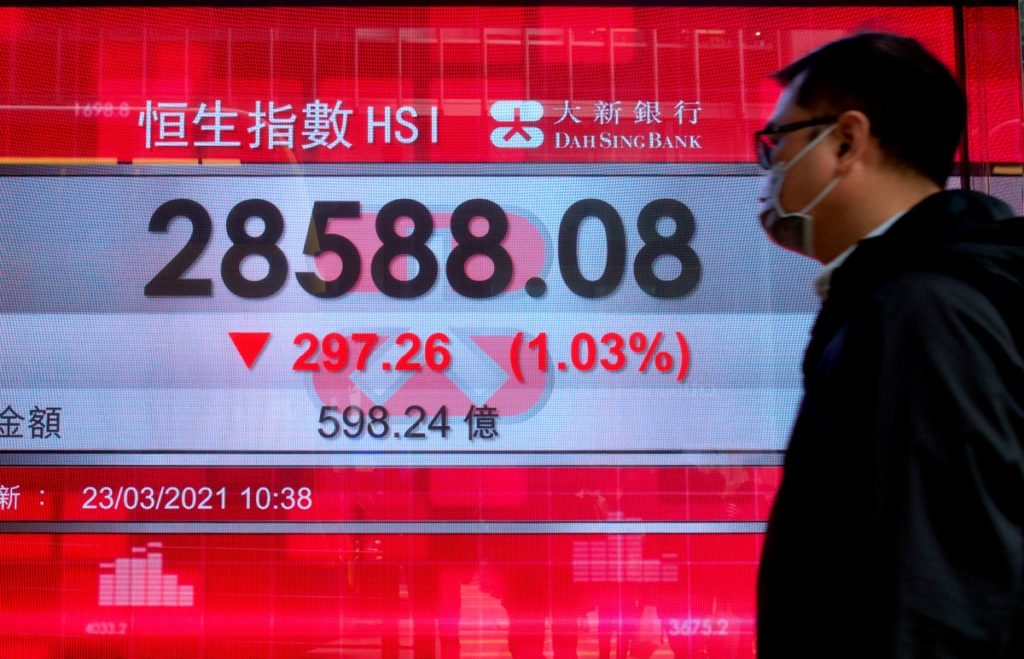On Friday, Asian stocks fell and the dollar remained steady as traders shied away from riskier assets on increased concerns about COVID-19 and ahead of critical U.S. inflation data that might influence Fed rate decisions.

The MSCI Asia-Pacific Index outside of Japan (.MIAPJ0000PUS) was down 0.4 percent, while Japan’s Nikkei (.N225) fell 0.5 percent.
The S&P 500 fell 0.72 percent overnight, while the Nasdaq Composite (.IXIC) fell 1.71 percent. In Asian hours, the S&P 500 futures increased 0.14 percent.
Earlier in the week, stocks and risky currencies had performed strongly, with MSCI’s regional benchmark scoring its finest day in 2 months on Tuesday, aided by signs that the Omicron variant of the new coronavirus would not be as economically damaging as initially feared.
ING’s Asia Pacific research director, Rob Carnell, stated:
“Then, as we got closer to the end of the week, the actuality that Europe was much more clearly going into a lockdown zone and cases are going up, and COVID-19 case counts in the US are beginning to ratchet up shifted things a little bit.”
“There’s also a nagging feeling that ‘let’s not put too much risk on the table for the weekend. Of course, there is CPI in the United States, but I believe we’ve all realized that there is inflation in the United States presently.”
Any positive surprise will almost certainly be regarded as a reason for the Fed to accelerate its tapering and raise interest rates sooner.
Fitch has declared Evergrande and Kaisa in default due to missed payment deadlines.
Fitch downgraded China Evergrande Group (3333.HK) to limited default status, causing its stock to drop 1.5 percent.
The Hong Kong benchmark (.HSI) fell 0.24 percent, although global markets are far less anxious than they were a few months ago by the newest step in the long-running Evergrande issue.
According to Shane Oliver, head of the investment strategy at AMP Capital this problem has been continuing on for two and a half months, and markets don’t seem to be as concerned. A failure on Evergrande’s offshore debt has seemed quite probable.
For the second time this year, China’s central bank urged financial institutions to retain more foreign exchange in reserve, which markets saw as an attempt to curb the yuan’s recent rapid rise.
On Thursday, the yuan fell by roughly half a percent in offshore trade, and it fell even further on Friday, to 6.384.
Other currency movements mirrored the general risk-off mindset. The dollar remained steady, the euro, which was down 0.4 percent overnight, remained under pressure, while the Australian currency slid further.
Treasury yields in the United States fell somewhat overnight, with the benchmark 10-year Treasury note yielding 1.4889 percent at the time of writing.
Oil slid as well. Crude oil in the United States fell 0.5 percent to $70.57 a barrel. On the worries, Brent crude slid 0.47 percent to $74.08, while gold crept higher. The spot price of gold increased by 0.2 percent to $1777.7 per ounce.

Leave a Reply